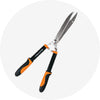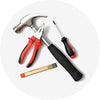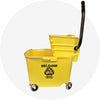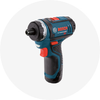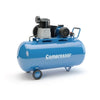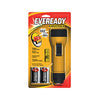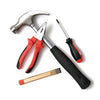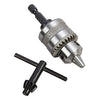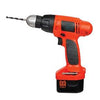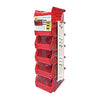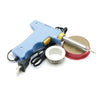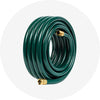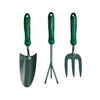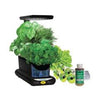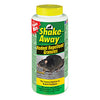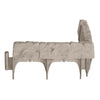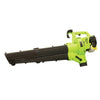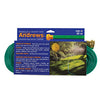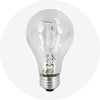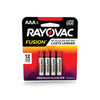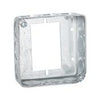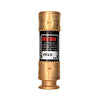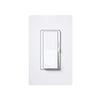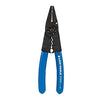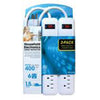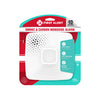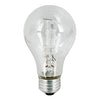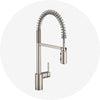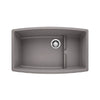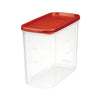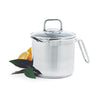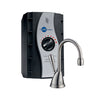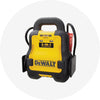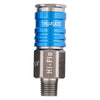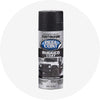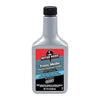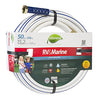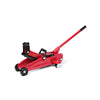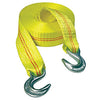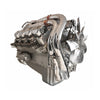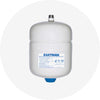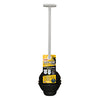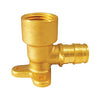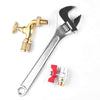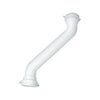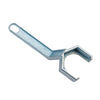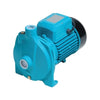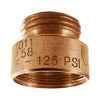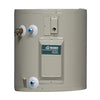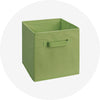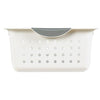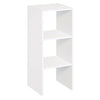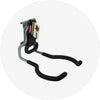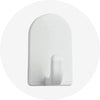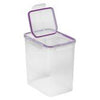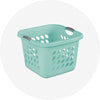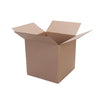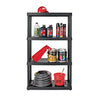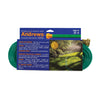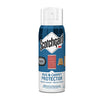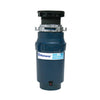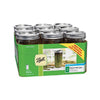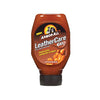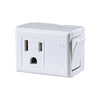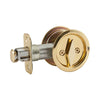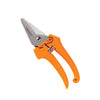Fire Safety Tips To Keep Your Family Safe
∙ min read
According to research conducted by the National Fire Protection Association, fire departments in the United States respond to more than 350,000 house fires every year. Nearly everybody knows someone who has lost belongings in a house fire, but even so, many people still adopt a lackadaisical attitude about fire safety within their own homes. Keep your family, belongings, and pets safe by using these fire safety tips now and in the future.
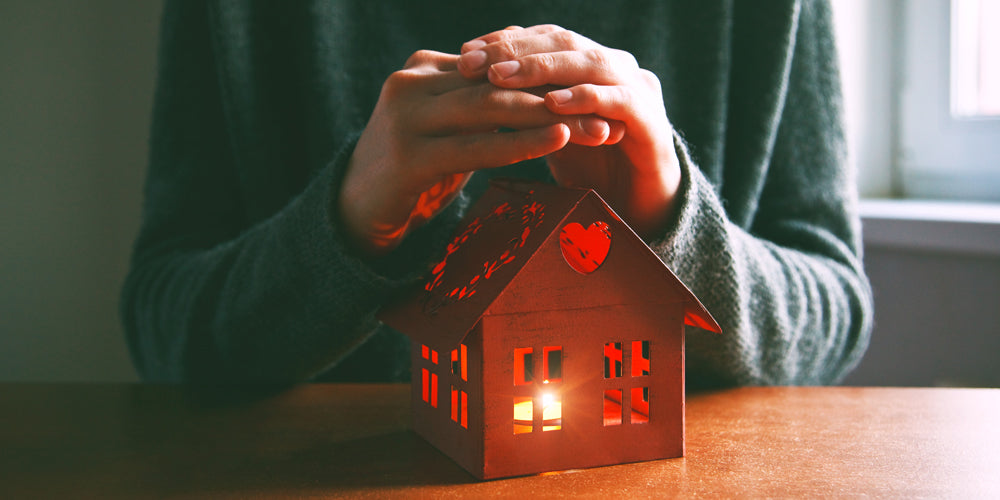
Use Your Stove Responsibly
Cooking fires are the biggest cause of house fires and related injuries in the United States. Often, this is because people are unknowingly misusing their stoves or do not know how to put out cooking-related fires properly. The most important rule is to never leave the stove unattended while it's on. If you have an electrical stove, always use a burner that is the right size for the skillet or pot you're using to cook. If you use a burner that is bigger than the pan you're using, the food can become too hot too quickly, leading to over boiling, burning, or other issues that not only ruin your food but pose a fire hazard.
If your home is equipped with a gas stove, never turn the flame higher than the pan you're using. When the flame isn't entirely underneath the pan, it can latch onto nearby items, including things on the counter or even your sleeves.
Regardless of whether your stove is electric or gas, be sure to keep it clean and free of grease or food spills. If grease does catch on fire, cover the flames with metal and turn off the heat source. Small fires can be smothered with baking soda or salt, but larger ones require access to a Class B dry chemical fire extinguisher. Never put water on a grease fire, as it only causes it to spread. At the very least, it is important to keep a basic household-rated fire extinguisher on hand for non-grease fire emergencies.
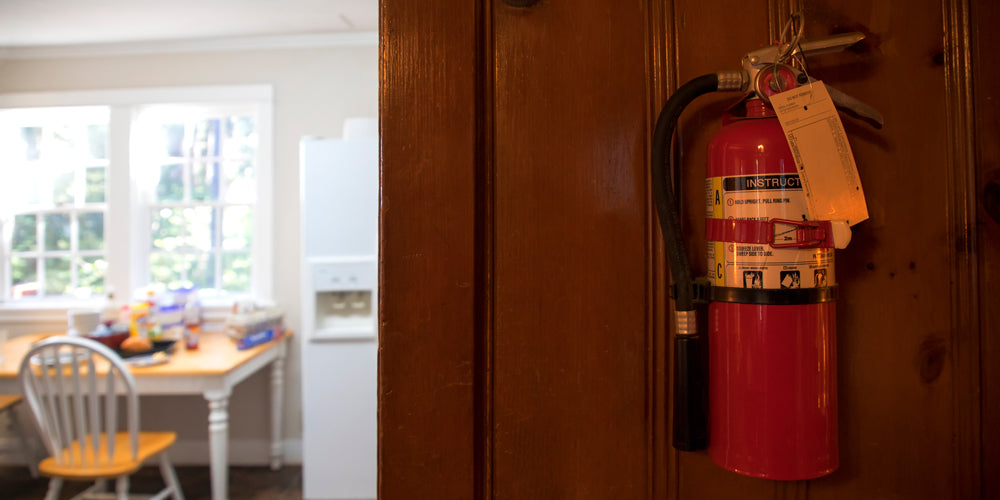
Know the Signs of Electrical Problems
Another leading cause of house fires is problems with the electrical wiring that go undetected until it's too late. Knowing the signs of electrical problems can go a long way when it comes to protecting your home. If you've noticed any of the following, call an inspector as soon as possible:
-
Cords, switch plates, or outlets that look discolored
-
Fuse boxes or circuit breakers that need repeated reset
-
Lights that often flicker or dim
-
Switches or outlets that have a foul odor or feel warm to the touch
If your home has any of the above signs of electrical issues, a qualified electrician can do an inspection and make repairs as necessary. To further prevent electrical fires, never run cords underneath carpets, rugs, or other combustible materials; don't splice cords together or use broken ones; and avoid using bulbs that have more watts than your lamps or light fixtures allow for.
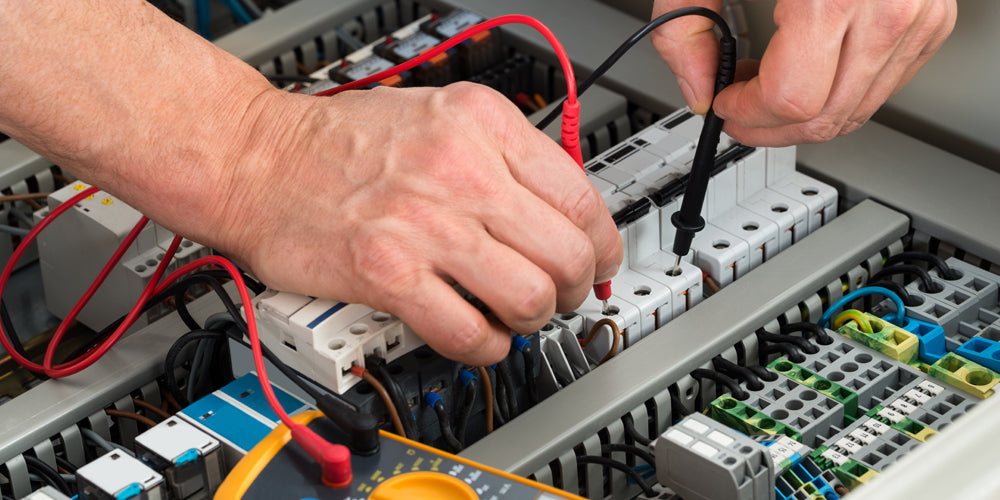
Install and Service Smoke Alarms and Carbon Monoxide Detectors
If your home doesn't already have a smoke detector in or near every room, now is the time to install some. In addition to the kitchen, your home should have a working smoke detector in the hallway or main room of every level, inside of any bedroom where someone sleeps with a closed door, and in the basement. If you install wall detectors, they must be 4-12 inches below the ceiling. Ceiling-mounted detectors should be at least 4 inches from the wall.
Once installed, maintaining your smoke detectors is necessary. Use your vacuum's brush attachment regularly to keep them free of dust and dirt that could cause them to malfunction. Test each detector every month and replace the batteries every six months, even if they seem to still be working. Purchase new smoke alarms at least once every decade, and always ensure those you buy meet national standards.
Your home must have carbon monoxide detectors as well as a smoke detector. Add at least one carbon monoxide detector to every level of your home, placing each one at least five feet above the ground. Put detectors near sleeping areas, near the garage, and anywhere else the manufacturer recommends.
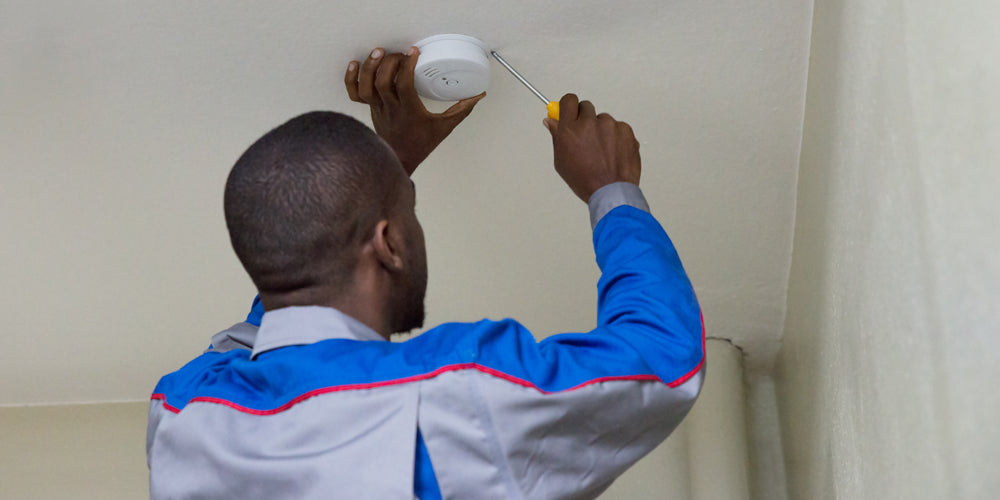
Create an Escape Plan
No matter how well you prepare, fires can still happen. In addition to fireproofing your home as much as possible, it is important to ensure your family has a safe escape plan in place. A strong escape plan requires at least two ways to get out of every room in the house. If a door out of a room is too hot, it is likely because there is fire on the other side, so be sure to keep at least one window easy to access as an escape route in case it is needed. If your home's bedrooms are on the second floor, invest in a fire escape ladder to keep in each one as an additional safety measure.
When creating your escape plan, be sure to determine in advance who will be in charge of babies, small children, elderly relatives, or anybody else who may have mobility issues and be unable to escape on his or her own. Establish a meeting place outside and away from your home, put your plan into writing, and practice it at least once every few months to keep it fresh in everybody's mind.
Many people who become injured in fires do so because they are trying to find and save important documentation. Avoid this scenario by purchasing a locked fireproof safe. You can use these boxes to save everything from birth certificates and marriage licenses to memory sticks that are full of your family's home movies.

Creating a fire safety plan now helps to ensure your family is protected should the unthinkable actually occur. Find everything you need to create and implement your home's fire safety and escape plan to keep your family safe with Max Warehouse.
Shop our Fire Safety Collection.
